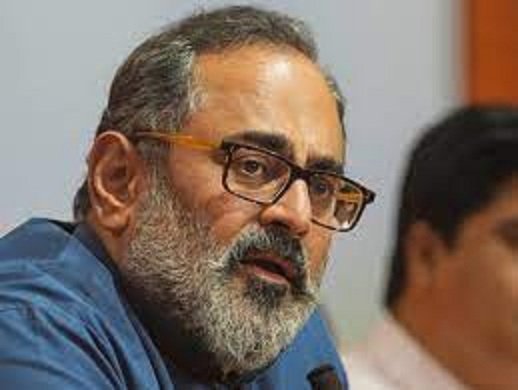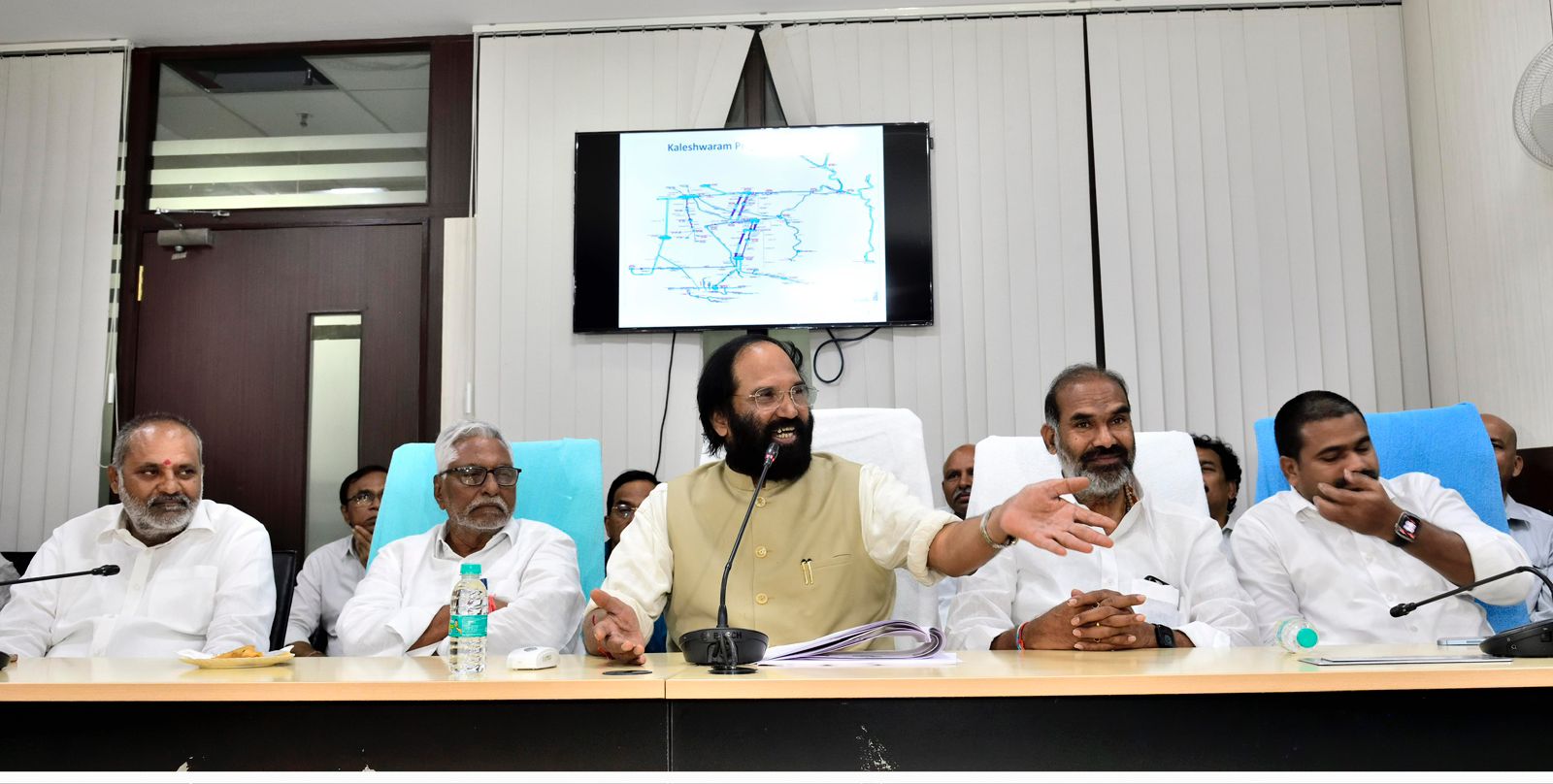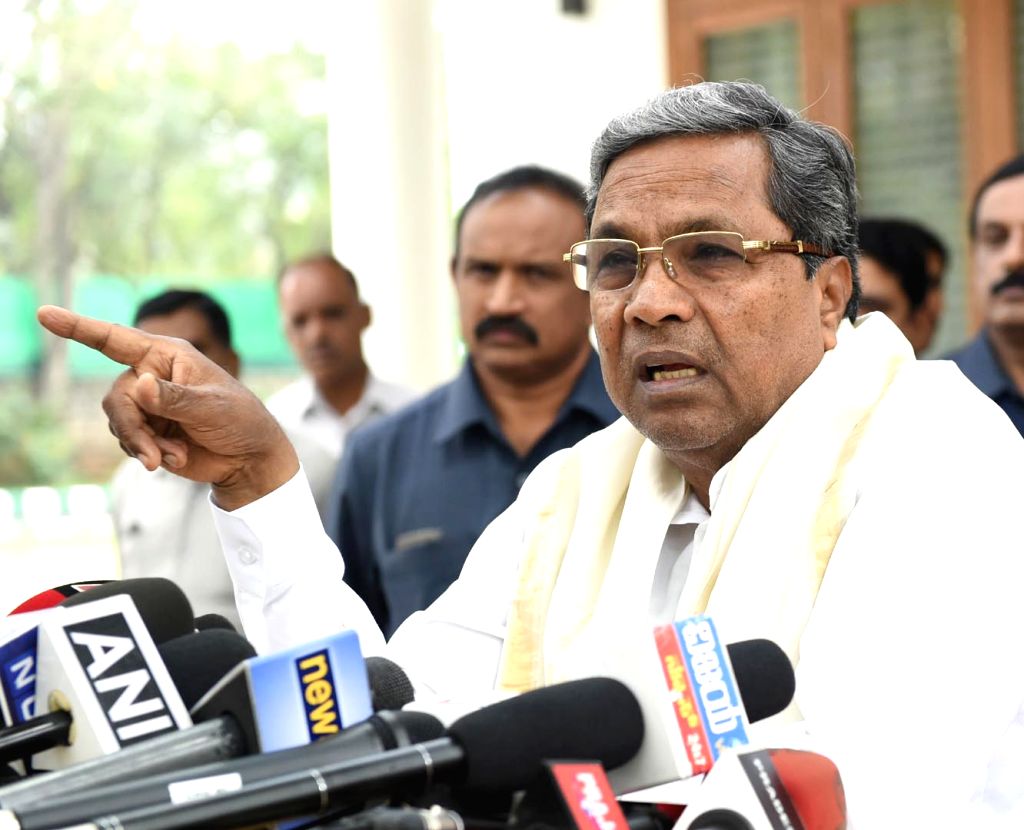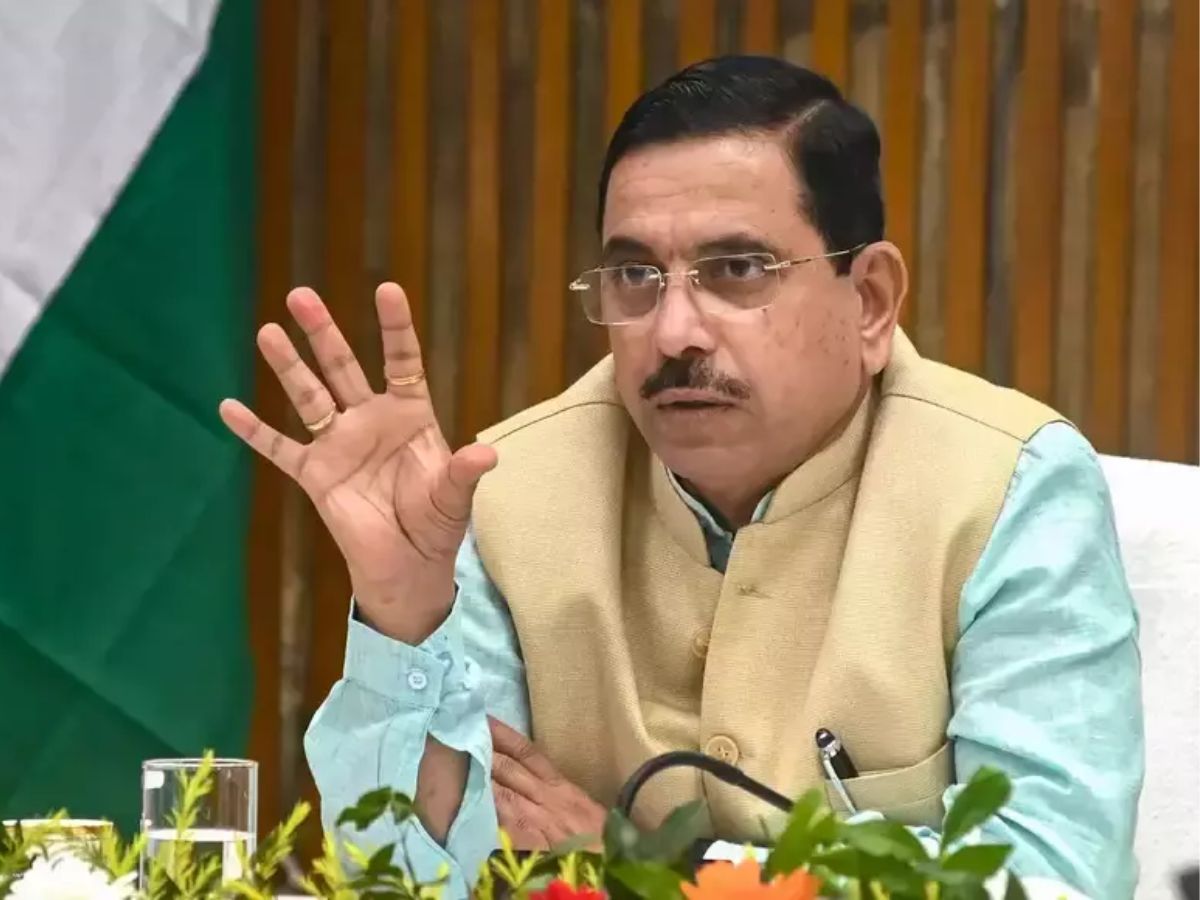Security in digital economy a global challenge: Rajeev Chandrasekhar

Pune: Union minister Rajeev Chandrasekhar on Monday said that security in the digital economy is a global challenge and a partnership approach is needed to tackle it.
He was addressing G20 delegates at the Global Digital Public Infrastructure (DPI) summit at the third Digital Economy Working Group (DEWG) meeting here in Maharashtra.
“The digital economy security is neither a domestic issue nor a domain in which selective cooperation is enough,” said the Minister of State for Electronics and Information Technology.
He asserted that a common understanding must be devised to improve the domestic, legal, technical, and economic aspects of security in the digital economy.
“With the rise of health tech, fintech, e-commerce, artificial intelligence, and Internet of Things companies, businesses now hold large data sets that hold sensitive and personal data of consumers. Sectorally, most cyber crimes are reported in the financial services sector, followed by the healthcare sector and crimes on social media,” he said.
The minister said these are key sectors where data breaches not only incur economic costs but also hurt consumer trust and business credibility.
“Meanwhile, security threats like ransomware, data breaches, phishing attacks, and denial-of-service attacks threaten ordinary people, businesses, and governments. Such crimes and the consequent loss of trust in consumers could eventually slow down digital transformation and economic growth,” he said.
Chandrashekhar added that while big players in the system have the resources to continuously update their security mechanisms to ensure resilience, the same cannot be expected from small businesses i.e., startups and MSMEs who are at the forefront of innovation.
“Because the security in the digital economy is a global challenge, a partnership approach is needed—one that includes governments, businesses, and development institutions—to build trust, improve awareness, and deliver digital solutions,” he said.
Elaborating on the security agenda, the minister said that first, it is important for the government to recognize the security threats that hamper innovation, and trust in essential services.
“Security in the digital economy is not a domestic issue nor a domain in which selective cooperation is enough. We must devise a common understanding to improve domestic legal, technical, and economic aspects of security in the digital economy so that specific avenues for cooperation, exchange and goals can be devised by each country,” he said.
These benchmarks are significant because of the increasing players entering the digital economy that need to be made cyber resilient, he added.
“Our approach is driven by the need to bring in multi stake-holder cooperation amongst governments, businesses, and international organisations. There are also other important stakeholders to consider i.e. citizens and consumers who play a key role in implementing the best practices at the day-to-day level,” the minister said.
Chandrasekhar also said that in the present era of digitisation, it is important that countries invest in reassessing and revamping their strategies for digital skilling, upskilling, and reskilling in accordance with the industry’s changing demands.
“I firmly believe that the G20 should actively discuss these issues and work towards achieving outcomes that benefit the global workforce,” he said.
The minister said this summit is an excellent opportunity to exchange knowledge and best practices of DPI implementation and further the advancement of the global digital economy.
“The global digital economy has seen significant growth and transformation in recent years, driven by advancements in technology, increased internet penetration, and the proliferation of smartphones and other connected devices. It has fundamentally changed the way businesses operate, how consumers use products and services, and the overall global economic landscape,” he said.
Citing a report by the United Nations Conference on Trade and Development (UNCTAD) in 2020, the minister said the value of global e-commerce alone exceeded $26 trillion in 2019 and the numbers today will undoubtedly be much higher.
He said the Indian market has evolved simultaneously with an increasing number of people adopting digital technologies like smartphones, supported by affordable data plans and widespread internet penetration.
“Therefore, it comes as no surprise that India has created a large market for digital services such as e-commerce, digital payments, and online entertainment. The ‘Make in India’ and ‘Digital India’ have been significant contributors to this evolution. ‘Make in India’ has supported the production of digital devices while Digital India has promoted the adoption of digital services in a secured manner,” he added.
He said India is also actively working on multiple policies to further India’s vision for a Global Standard Cyber Law Framework, alongside its efforts to enable programs.
“This framework includes key legislations like the Digital Personal Data Protection Bill, which focuses on respecting individuals’ rights while processing digital personal data,” the minister said.
He said other key legislations like the National Data Governance Framework Policy aim to safely share non-personal and anonymized data for research and innovation, ensuring privacy and security.
“The Draft Digital India Act will harmonize laws, regulate emerging technologies like AI, and incorporate industry input on blockchain and Web 3.0 regulations to protect digital citizens from harm,” he added.




